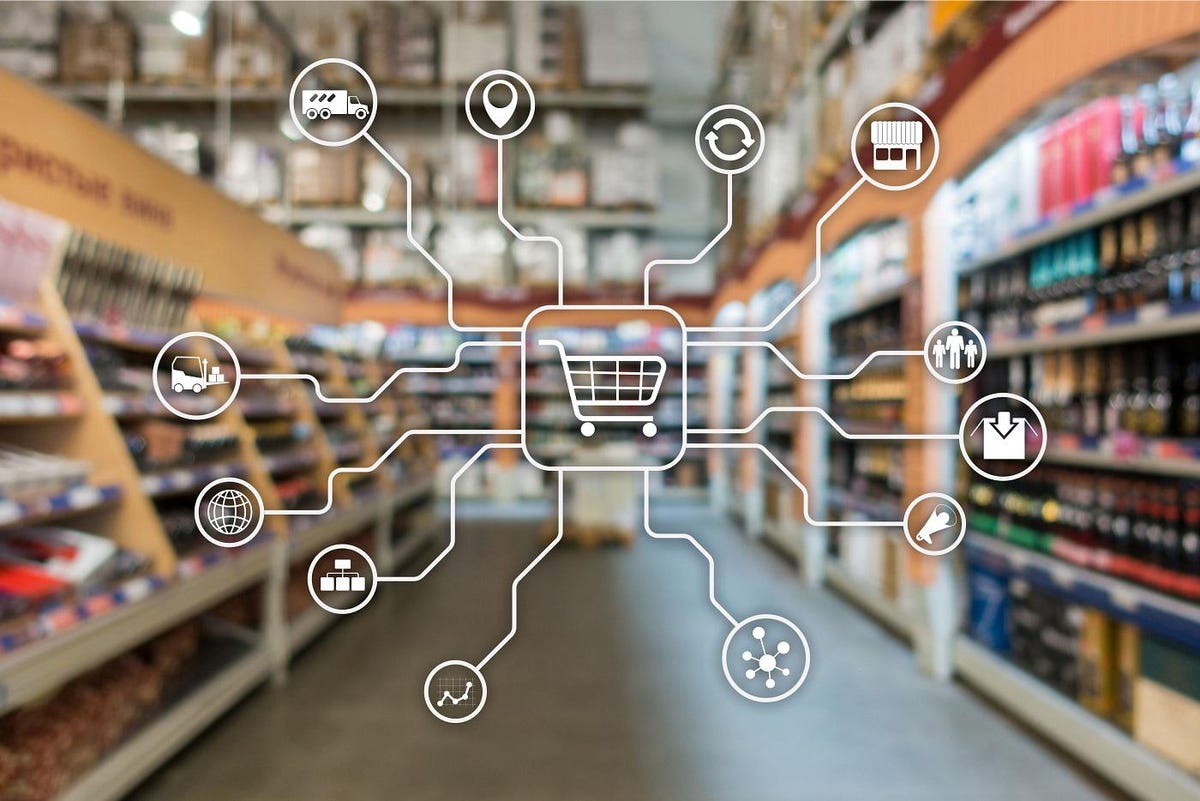Table of Contents
ToggleSales Force Automation (SFA) has gained wide acceptance across sales organizations globally and the proliferation of mobile phones has further paved way for it. The conventional sales structure has undergone massive evolution over the past decade. A mix of mobile applications is helping Sales Force Automation companies in effectively deploying their services across the industry. The challenge today, however, pinpoints specifically at deploying Sales Force Automation in retail execution and the subsequent need to improve, measure and sustain standards in-store.
Aligning Retail Execution with Sales Force Automation
Retail execution is defined as a mechanism that identify sales tasks, enables the in-store activities. This execution is mostly done by the sales teams or third party on behalf of FMCG players. Sales Force Automation is primarily deployed by retail organizations to streamline/automate their sales activities such as inventory management, order processing or secondary sale monitoring that maximizes sell-in.
For retail outfits to optimally drive profit and growth, they need to go beyond sufficing the supply chain and generate demand. This demands an effective sell-through strategy and marketing campaign. Hence, an appropriate retail execution strategy is crucial that clearly puts the right product at the right place and at the right price. Needless to say, a retail execution system coupled with sales force automation application empowers the field force of an organization and prepares them with objectives, tasks and promotions that will drive secondary sales at retail outlets.
Understanding the challenges with retail execution
Research suggests that nearly 81% companies are unsatisfied with their ability to execute retail execution globally. The findings pinpoint at logjams that hold back companies from in-store success.
- Inadequate Retail data – Under the traditional retail structure, free flow of retail information is not available to organizations. Thus, they are unable to analyse events or business trends to revise their sales strategies.
- Lack of innovation – The traditional format holds back a lot of businesses from hitting their retail execution and promotional goals owing to lack of advanced tools of business. Globally, only 3% of the retail population are actively innovating through digital tools. The rest of the base is struggling between their age old tactics and ineffective retail execution.
- Low sales adoption of technology platforms – Largely, sales organizations that fail to adopt new technology are unable to compete in the long run.
Introducing new tools and technology such as Sales Force Automation Software into an organization enhances productivity, augment sales, provides real time sales information and enable faster business decisions. However, getting every employee on board is a continuous challenge. Proper communication to employees that helps understand the significance behind new technology is critical. Hence, aligning sales automation to business goals drives faster adoption and leads to digital transformation. It also reflects direct impact on revenues and promotional campaigns. One of the best industry practices for overall business transformation is therefore access to sales force automation and aligning it to company’s retail execution system.
About Post Author
Rashmi Kapse
Rashmi is a Content Specialist at FieldAssist. After spending 11 years in the Executive Search business she decided to change tracks and follow her passion for writing. For the past 8 years, she has been writing on Sales Tech, HR Tech, FMCG, Consumer Goods, F&B and Health & Wellness.




